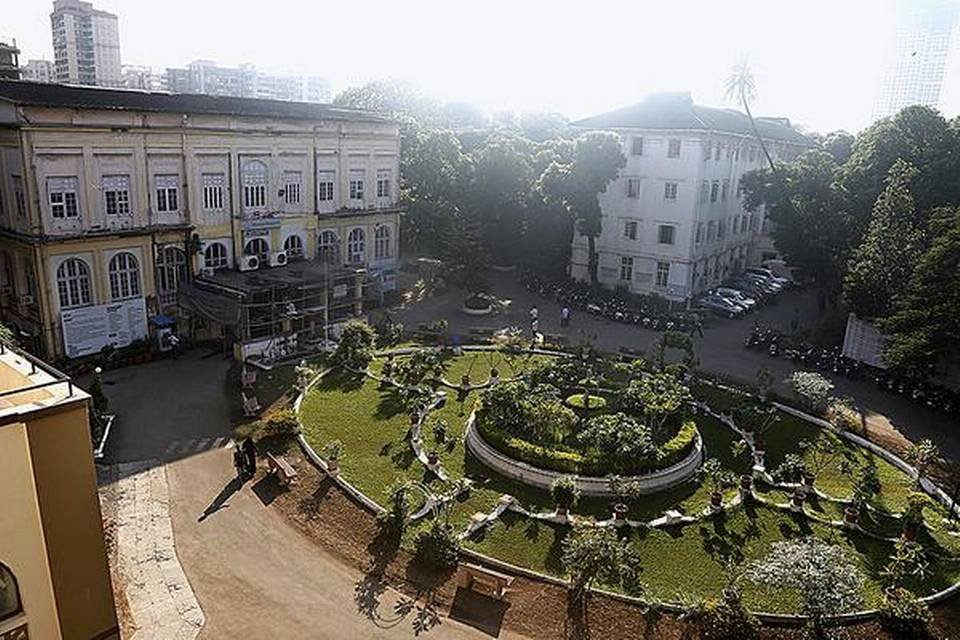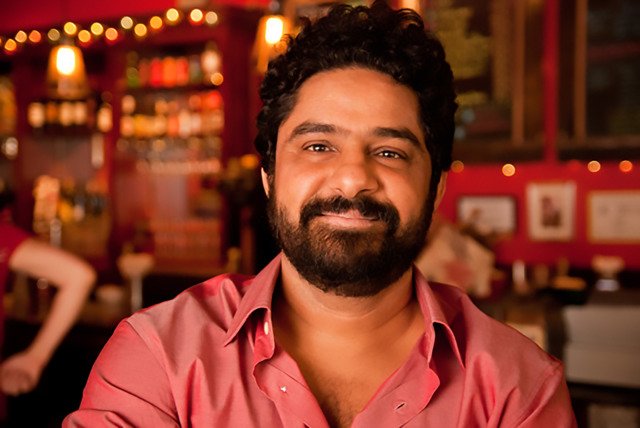Parsis, Jews join hands for Masina Hospital restoration
Spread across eight acres, the cost of restoring the facade, internal structure and roof of the premises is estimated at ₹22 crore
The restoration plans of 116-year-old Masina Hospital in Byculla will witness the collaboration of the country’s two eminent communities, the Parsis and the Jews.
Once the residence of wealthy Jewish businessman David Sassoon, the palatial bungalow overlooking lush gardens and a fountain was gifted by the Sassoon family to a Parsi doctor, Hormasji Manekji Masina, who founded the hospital. The community members have now joined hands to reach out to many more people from diverse backgrounds and raise funds for the restoration.
Phase-wise restoration
“We are in the process of forming the Masina Hospital Restoration Committee. Once the core committee is formed, based on their recommendations, we will reach out to as many people as possible to raise funds,” said Dr. Vispi Jokhi, medical director of the hospital.
Conservation architect Vikas Dilawari has submitted a report which estimates that the overall restoration cost of the external facade, internal structure and roof will go up to ₹22 crore. “We can take it up in a phase-wise manner,” said Dr. Jokhi, who has had meetings with Ralphy Jhirad, president of Bene Israel heritage museum and genealogical research centre, to involve Jews as well. “We have shortlisted the names of people who will be concerned with this restoration and can help raise funds. We will also be reaching out to the descendants of David Sassoon spread across countries,” said Mr. Jhirad, adding that even if the community has dwindled in numbers, its legacy needs to be preserved.
Preserving a period
Spread across eight acres, the hospital premises consist of the palace building which houses the administration and out patient departments, the Kharas Memorial Centre, which consists of the wards and operation theaters, Masina annexe building, which has the cardiac, IVF facilities and deluxe beds, a chemotherapy and palliative care wing and a psychiatry wing.
The campus has lush gardens, an ornamental fountain and five marble statues which are over 100 years old. The bungalow, built in Renaissance style, first housed a four-bed hospital managed by Dr. Masina.
The hospital has now expanded to 270 beds. “Restoration of the Masina Hospital is important because we have very little 19th century and mid-19th century architecture left in the city. Most of it is late 19th century,” Mr. Dilawari told The Hindu.
Mr. Dilawari has proposed external repairs to bring back the lost details, as also interior repairs keeping in mind the upgradation of services required in a hospital set- up, and the restoration of the roof.
“The structure originally had a timber roof. But it has now been changed to one large asbestos roof. If the funds do flow in, restoration of the roof will also be considered,” said Mr. Dilawari.





